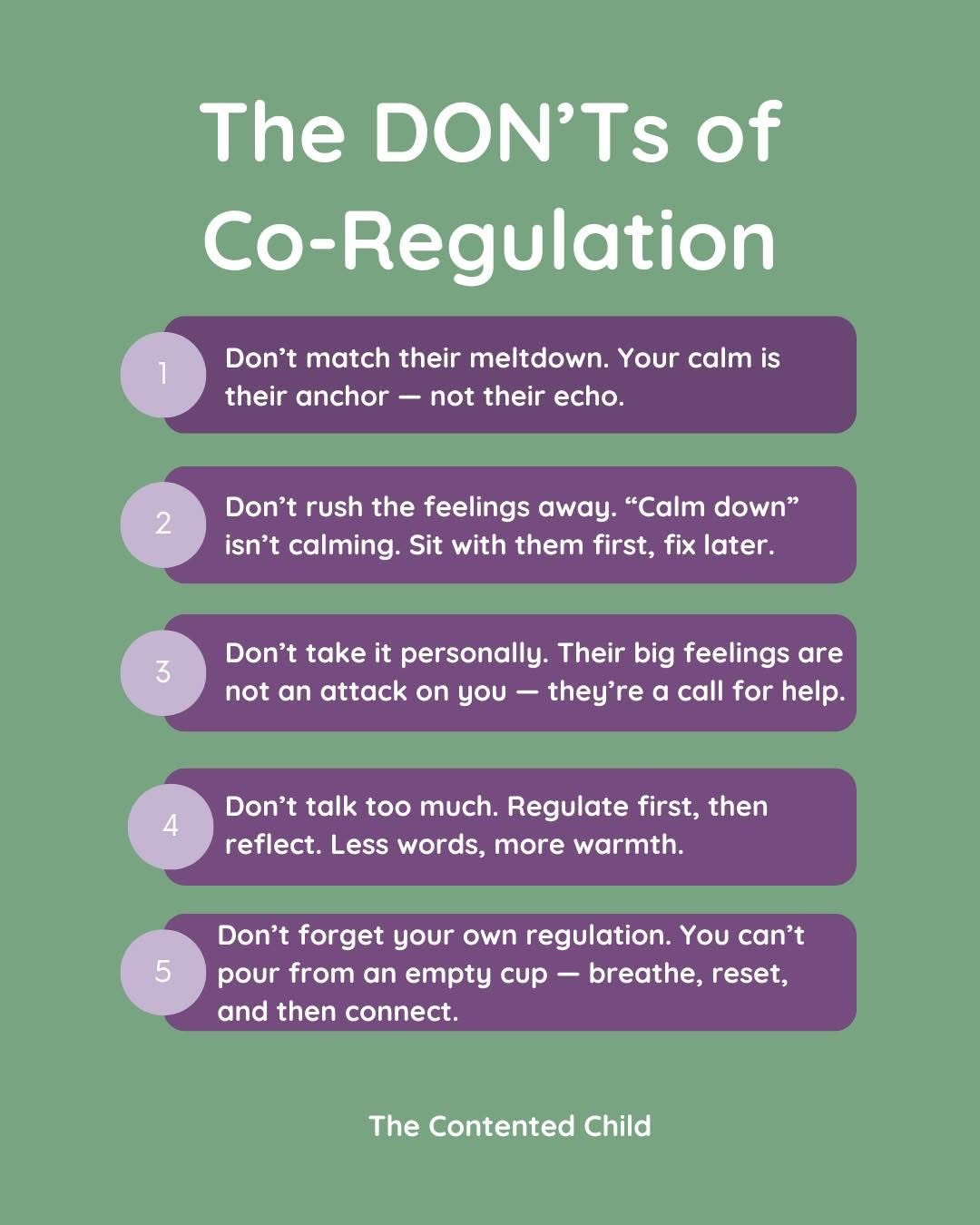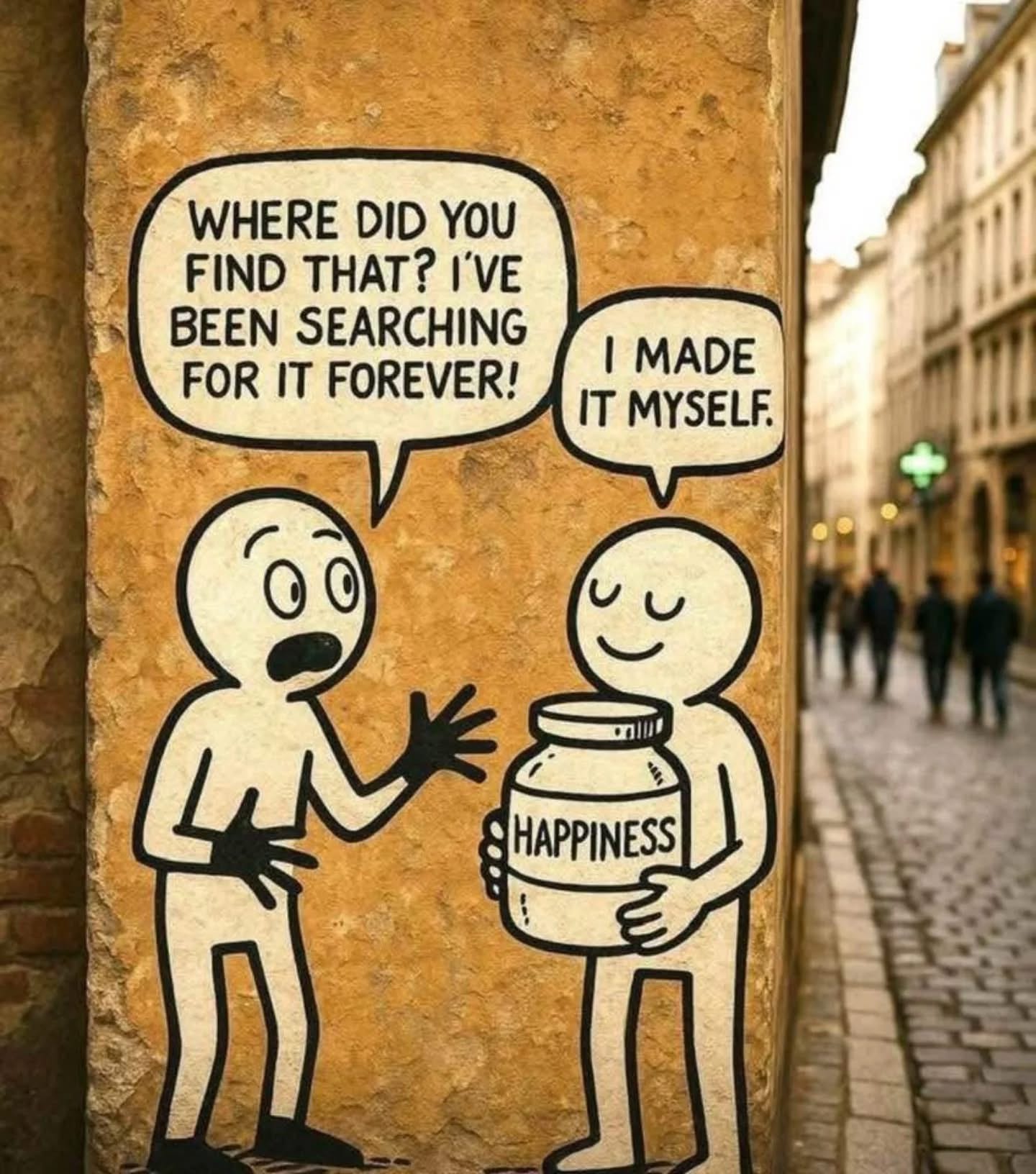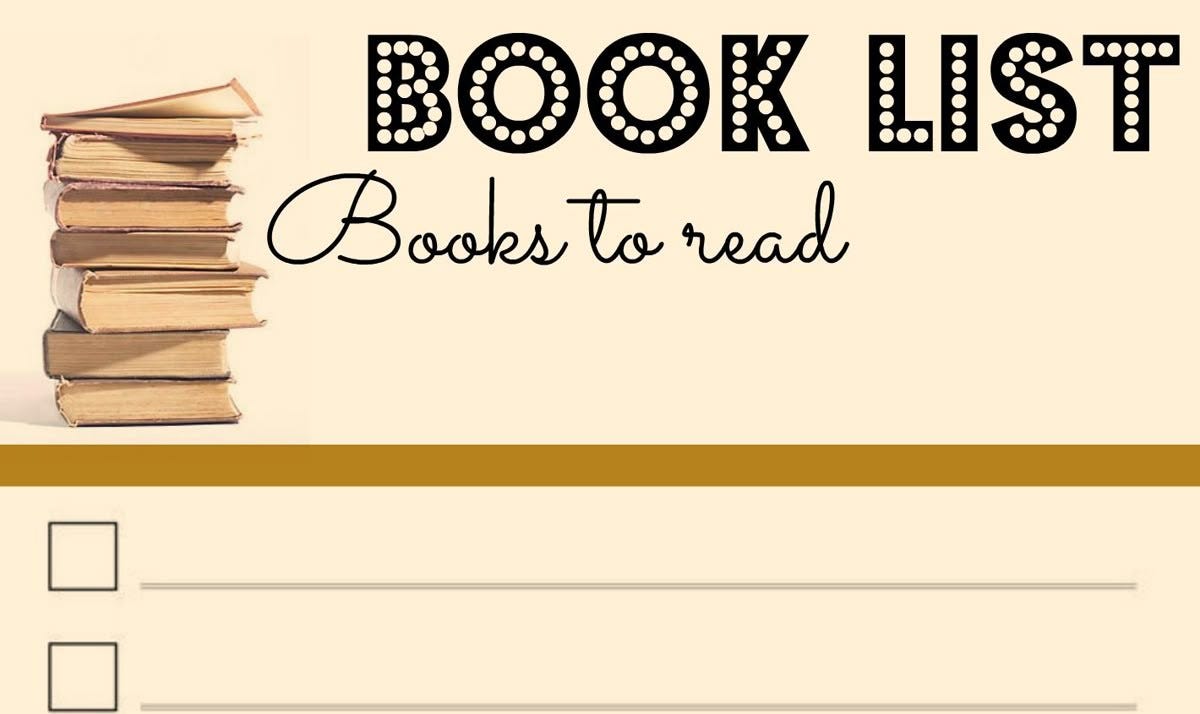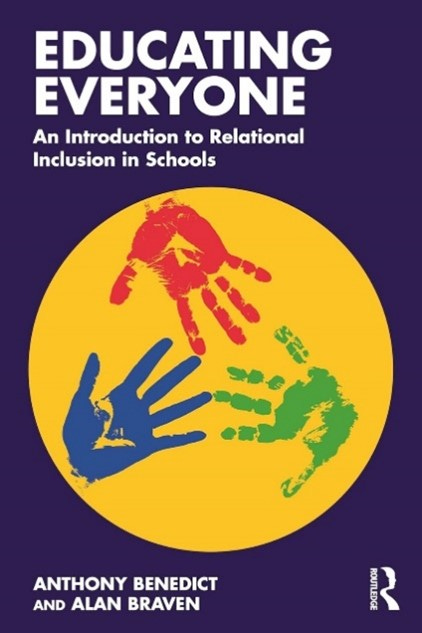It’s a Thursday morning. Unusually my little boy is awake. He’s part gremlin as far as mornings are concerned, he just can’t cope with bright lights. He has curled himself into a ball and is trying to disappear into the settee. I ask him if he’d like his sister’s blanket to put over his head. He replies that he would, but she won’t let him.
I say, “Of course she will.” The blanket is under a pile of other stuff, and she isn’t using it and hasn’t shown any interest in it for at least a week. For those of you with children, you will know that was my first mistake.
“Can I have the blanket for your brother?” I ask whilst wrapping it around him.
“No.” She says firmly
“Right,” I say. I take the blanket off him, put my hoodie over him whilst mumbling to myself, in true Basil Fawlty style. “You’re not using the blanket and your brother wants it. But that’s not what you want. So fine. I won’t use your blanket that you’re not using - I’ll use my hoodie.”
By which point my daughter says, “Fine. You can use my blanket.” It’s in that 7-year-old tone which means it’s not fine, but it will be tolerated.
And I should have left it there. But no. I’ve not had a great night’s sleep; there’s some work stuff on my mind and clearly I’ve not checked in with my own window of tolerance.
I catch myself saying, “It’s fine. I’ve sorted it now. I don’t need your blanket.”
To which she replies, “Well now you can’t use it anyway.”
As always- when I write these things down for these blogs- the ridiculousness of the whole thing is so apparent - as are the amount of mistakes I’ve already made alongside the opportunities to be curious and repair that I’ve missed. I’d like to say I’m just not a morning person. But the truth is I just haven’t got to a point where I can take my own advice and apply my leaning consistently yet.
So as a 50-year-old man I proceed to provoke my 7 year old daughter. I hear myself say, “Yes I’m learning that this little girl has changed and is becoming someone who doesn’t make kind choices or use kind words.” And I strop off into the kitchen.
I’m pleased with myself for about a second because I’ve talked about kind choices and kind words some of this relational inclusion is seeping through. And then I absolutely realise what I’ve said and done. And I know I’m back playing the guilt and shame game, and I DO know better.
I check in with myself finally - recognise my narrowed window of tolerance, and its cause, breathe a little and feel the floor consciously with my toes. And then I reflect on what I know.
All behaviour is communication. My daughter is acting a little out of character. The blanket wouldn’t usually be an issue. What else do I know? What is she telling me without words? And I remember. She has to write three paragraphs today in English and though she knows what to write and what she wants to say and is actually a pretty good writer, I also know it’s bothering her.
Now I have to have a word with myself. I have to go back into the living room. I have to repair the mess I have made. And it’s funny. Even at 50, my instinct is to blame everyone else rather than take responsibility.
Now this is a small thing. And it’s my daughter. And she’s seven. And of course I can do this (and do). But it makes me think about all the micro-decisions we make and all the baggage we carry and how quickly a bad night’s sleep can affect everything if we allow it to. We are, after all, only human.
I return to the living room. My little boy is hunched in a ball - still sheltering from the ‘bright light’. My little girl is sitting at the other end of the settee with a face like thunder. I put my arms out and I say, “I’m sorry sweetie. I was grumpy and I used unkind words and I shouldn’t have done that.” And she gives me a cuddle.
And I ask, “Are you okay about your paragraphs and do you know what you want to write?” And she squeezes me that little bit tighter. And I think, as I often do these days, I could have done that better and sooner, but we got there. And it’s still only 7.15 am.
I’ve included my first quote to put this back in context a little. After all, we all make mistakes, we always will, and we certainly shouldn’t punish ourselves when we get things wrong:
1) The practice of staying present will heal you. Obsessing about how the future will turn out creates anxiety. Replaying broken scenarios from the past causes anger or sadness. Stay here, in the moment. (S McNutt)
My second quote is about how we sometimes unintentionally pass our own troubles and struggles on to others:
2) I genuinely do not believe people treat you how they feel about you, I believe they treat you based on the state of mind they’re in. (@overthinker113)
My third is about not beating yourself up:
3) Just because you did something wrong in the past doesn’t mean you can’t advocate against it now. It doesn’t make you a hypocrite, you grew. Don’t let people use your past to invalidate your current mindset. (Unspoken Thoughts)
My two print and stick to the wall images this week are:
And this about happiness:
My recommended read this week is a watch not a read. I may be late to the party on this one, but Chris Packham’s ‘Inside Our Minds’ series is a really good watch. I’ve only seen the ADHD episode and it’s worth a bit of your time. Inside Our Minds
I’m really grateful to a colleague for sharing a book for this week’s blog. It’s called ‘Declarative Language Handbook’ by Linda K. Murphy.
Declarative language uses verbal hints and observations to guide the other person's thinking, rather than directly telling them what to do. By prompting the person to find their own solutions, declarative language encourages self-reliance and problem-solving skills. It avoids direct commands that can trigger anxiety or resistance, creating a more supportive and comfortable environment. Declarative language naturally provides opportunities for social interaction, problem-solving, and perspective-taking.
If you have read any interesting books which support / develop / further understanding of all things relational inclusion, please add a comment:
If you find the Relational Inclusion blog useful, feel free to share with your networks.
Our book, Educating Everyone: An Introduction to relational Inclusion in Schools is out now and you must buy it and tell everyone else to buy it. It is available pretty much everywhere that sells books or you can get it here: Educating Everyone
Our third book study takes place on 17th June 4-5.30pm. If you would like to join us, tickets are free but limited. We will be discussing chapters 3-6. You can book here: Book Study
We are partnering with the Difference and ARC to put on a North West Inclusion event where we will discuss all things Relational Inclusion and more . This will take place on Friday June 27th and tickets are limited so grab one now! North West Inclusion Event
Finally I’d like to share this quote which has really stuck in my mind:
Your next move matters more than your last mistake. (Deeptexts)
Thanks for reading
Anthony Benedict
CEO Ambition Community Trust
Previous blogs can be viewed or downloaded as PDFs here: Blog Archive








as parents, it's vital to check in on yourself so you can maintain tolerance for the usual child antics. generationally, it's difficult to work around the patterns ingrained upon us since we were their age, and it's deeply necessary to realize our actions so we may reintegrate ourselves in those seasoned, maturely articulate choices. because parents are humans too, not the 'on the grind' baby machines society loves to portray. this post is a brilliant take on the psychology between parent and child. its good to give yourself some grace. good work on the self-reflection, dad (and have a happy father's day, from a son who wishes he had someone to say that to)